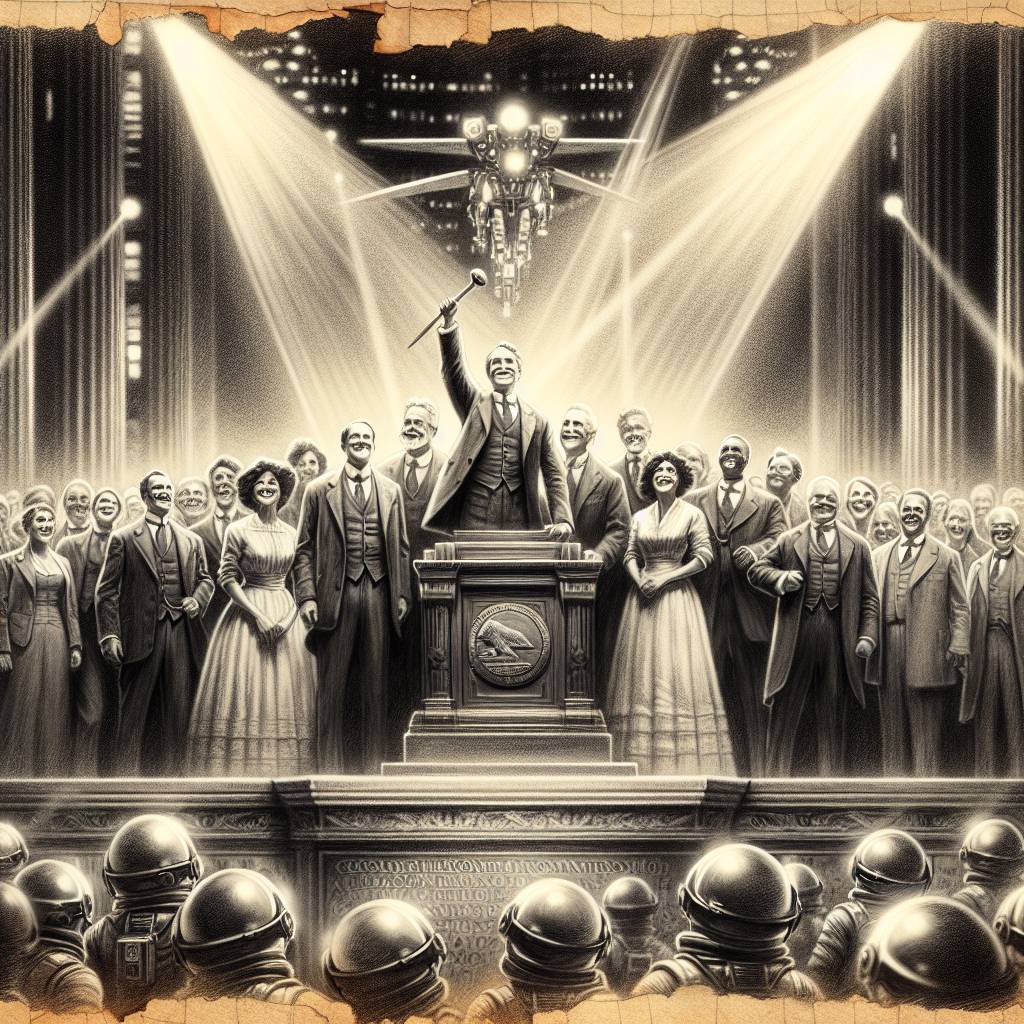California’s A.B. 412: A Victory for Small Developers and a Blow to Overzealous AI Regulation
A.B. 412, the flawed California bill on AI “transparency,” has been delayed, sparing small developers from deciphering a copyright riddle wrapped in a mystery. Innovators rejoice! The bill’s hiatus is a win for freedom to code and the open web, proving small teams can still dream big. A.B. 412, see you never!

Hot Take:
California’s A.B. 412 bill on AI transparency turned into a two-year snooze button, proving once again that not all heroes wear capes—some just hit pause on bad legislation. Let’s face it, the bill was about as clear as a mud pie and threatened to turn small developers into endangered species faster than you can say “patent troll.” Instead of transparency, it was more like a transparency mirage. Kudos to the EFF for giving it a “stay in your lane” nudge back to the drawing board. Let’s hope the next draft doesn’t read like a copyright lawyer’s dream journal.
Key Points:
- A.B. 412 aimed to regulate generative AI with a focus on copyright, not public interest.
- The bill required impossible-to-meet data transparency from all developers.
- It threatened small developers while giving big companies a pass.
- Court rulings, like Bartz v. Anthropic, support AI training as fair use.
- EFF opposed the bill, advocating for an open and fair AI ecosystem.
